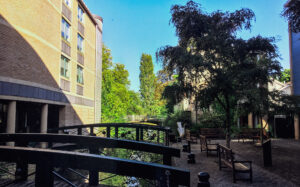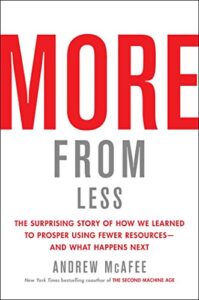Have you heard about the massive mountains of Kong in western Africa? The massive mountain chain stretches through Burkina Faso, Ghana and then into Nigeria. The Kong mountains were depicted in most maps of Africa from the early 19th century and one could even read about it in the 1928 version of the Oxford Advanced Atlas. Problem is, the mountains of Kong does not and has never existed outside these maps.
In Tom Philip’s “Truth: a brief history of total bullsh*t”, the key message is that history is filled with unbelievable (fake) news stories that people believe even when evidence suggested otherwise. Why did it happen when it happened? Because people wanted it to be true. But also because checking a fact just took too much effort. Take the non-existent “Sandy Island” which remained a couple of hundred miles off the coast of Australia on Google maps until 2012 when a freight ship passed its location and reported the error to Google.
Can you imagine waking up one day and reading about your death in the headline news? Well, that’s what happened Mr Titan Leeds on October 17th 1733. Mr Leeds was the author of a popular calendar at the time and the author behind this piece of fake news was none other than his rival calendar maker, politician, scientist, inventor, diplomat (and more) Mr Bejnamin Franklin. At the time, Mr Franklin was still in his twenties and had achieved nothing, yet. So he came up with this brilliant plan to discredit his competitor. What’s even more striking is that when Mr Leeds objected to his own death in his own calendar one year later, Benjamin Franklin (with the help of several pseudonyms) insisted that this new “Mr Leeds” must be an imposter and that his dear friend Titan Leeds regrettably had passed away.
What could possibly topple this? Well, convincing two hundred people to sell everything they own and sail across the ocean to the (non-existing) nation of Poyais. This was Gregor MacGregor, war-hero, nobility and ruler of Poyais, managed to do in 1823. The settlers were promised land, good positions as administrators of the opera, vice-governor or royal shoe-makers (and so on). But all they found when they got to the shores of Poyais was an empty beach. MacGregor had established offices in England, written a national anthem, poetry celebrating the beauty of its shores. So even months after arriving, the settlers did not realize that it was a complete scam. Most of them would be dead within a year.
Tom Philips suggests several reasons for our tendency to believe in fake news. Other than wanting to believe and a high fact-checking cost, we have the key defining feature of truth explaining why there is so much bullshit in our world. There can be only one true version of a story but there can be millions of fake versions. Truth is at a disadvantage. Secondly, there’s the “bullshit feedback loop” wherein questionable “facts” are repeated. Once people start hearing the same fact from multiple sources it is seen as evidence for its authenticity, just by the many sources reporting it (e.g. mountains of Kong). Lastly, we just don’t care enough to activate our critical reasoning and just use some heuristics like “a person wearing a suit is trustworthy”. This was precisely what the con-artist William Thompson exploited as he politely asked: “Do you have the confidence to lend me your watch?” (i.e. “permanent loan”) after having established the victim’s trust by being polite and wearing a suit.
What’s unique about this day and age that we live in is not the fake news itself. I believe the fundamental difference can be found in how political discourse is now centred around “the narrative”. Instead of starting from an agnostic position, political parties always start with an answer, for which facts will be sought out to serve. Politics should be about weighing different policies, given the outcome of these policies and a set of values. If we allow values to distort outcomes then this the weighing process itself is corrupted. So how about we make the switch from ideologically motivated policy research and instead invest heavily in establishing publicly funded, non-partisan research institutions with the sole purposes of giving politicians solid evidence upon which they can weigh their options?



